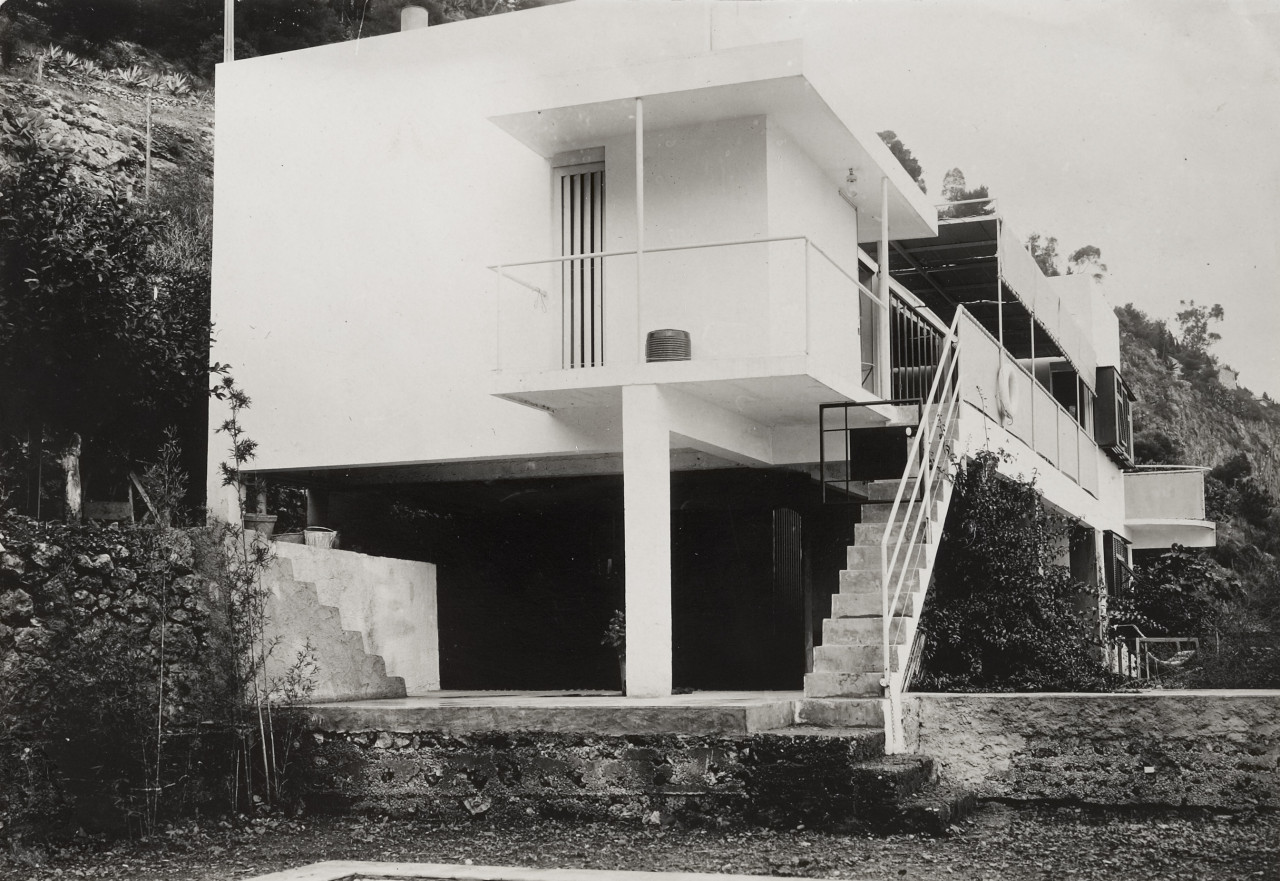Meredyth Sparks was born in Panama City, Florida, in 1972. She earned her B.F.A. from the University of Tennessee, Knoxville, and her M.F.A. from Hunter College. Sparks' solo exhibitions include The Ism That Dares Speak Its Name, Parmer at Abrons, New York (2015); Windows and Screens, The Arts Club of Chicago, USA (2013); Accordion, galerie frank elbaz, Paris, France (2013); and So I will let it alone and talk about the house, Locust Projects, Miami, USA (2012). Group exhibitions include Body / Image, Susan Inglett Gallery, New York (2015); A Private View präsentiert: Die ROCCA Stiftung., curated by Heike Fuhlbrugge, Autocenter, Berlin (2014); and Test Pattern, Whitney Museum of American Art, New York (2013. Sparks currently lives and works in New York, NY.
Melissa Gordon (born 1981 Cambridge, MA, USA) lives and works in London. Solo exhibitions include Mimetic Pleasures, Boesky East, New York, USA; Confusion Condition, Cosar HMT, Dusseldorf, DE; Modern Surfaces, Deweer Gallery, BE (with “Boomerang”, Richard Serra); ZOOOOM, Galerie Juliette Jongma Amsterdam, NL (all 2014); and Material Evidence, Spike Island, Bristol, UK (2013). Recent group exhibitions include During the exhibition the studio will be close, curated by Lorenzo Benedetti, Wiels Contemporary Art Centre, Brussels, BE (2014), and upcoming shows will be at The Bluecoat, Liverpool, with the first staging of a play by Mina Loy, and at the Overbeck-Gesellschaft, Luebeck DE. With Marina Vishmidt and Kaisa Lassinaro she has produced the journals PERSONA (2013) and LABOUR (2011). Gordon is a Lecturer of Fine Art at Goldsmiths University, London, and is represented by Marianne Boesky Gallery, New York. Her catalogue Material Evidence is published by Sternberg Press (2014).
Born in Salem, Massachusetts, poet, playwright, and translator Ariana Reines earned a BA from Barnard College, and completed graduate work at both Columbia University and the European Graduate School, where she studied literature, performance, and philosophy. She is the author of The Cow (2006), which won the Alberta Prize from Fence Books; Coeur de Lion (2007); and Mercury (2011). Reines’s first play Telephone (2009) was performed at the Cherry Lane Theater and received two Obie Awards. Her translations include a version of Baudelaire’s My Heart Laid Bare (2009); Jean-Luc Hennig’s The Little Black Book of Grisélidis Réal: Days and Nights of an Anarchist Whore (2009); and Tiqqun’s Preliminary Materials Toward a Theory of the Young-Girl (2012). Reines has taught at UC Berkeley, Columbia University, The New School, the European Graduate School, and Tufts.
Chris Kraus is a filmmaker and the author of I Love Dick and Aliens & Anorexia, and coeditor of Hatred of Capitalism: A Semiotext(e) Reader. Index called her “one of the most subversive voices in American fiction.” Her work has been praised for its damning intelligence, vulnerability and dazzling speed.

